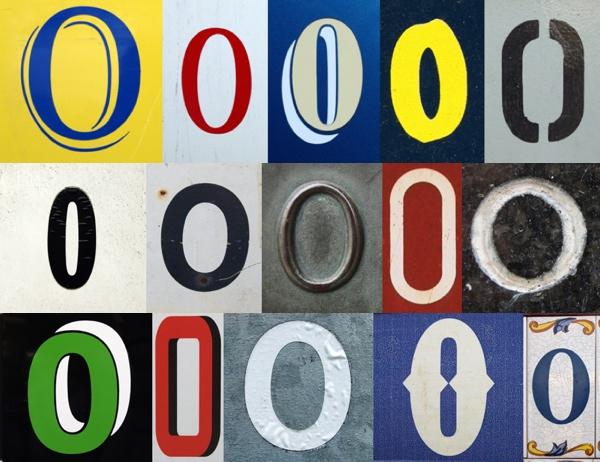Zero in itself is a very interesting figure. In itself, it means emptiness, lack of meaning, and next to another figure increases its significance by 10 times. Any numbers to the zero degree always give 1. This sign was used in Mayan civilization, and it also denoted the concept of “beginning, cause” in them. Even the Mayan calendar began on day zero. And this figure is associated with a strict ban.
Ever since the initial school years, we all clearly adopted the rule "it is impossible to divide by zero." But if in childhood you take a lot of things on faith and the words of an adult rarely raise doubts, then with time you sometimes want to nevertheless figure out the reasons and understand why certain rules were established.
Why can not divide by zero? I would like to get an understandable logical explanation for this question. In the first grade, teachers could not do this, because in mathematics the rules are explained using equations, and at that age we had no idea what it was. And now it's time to figure it out and get an understandable logical explanation of why it is impossible to divide by zero.
The fact is that in mathematics only two of the four basic operations (+, -, x, /) with numbers are recognized as independent: multiplication and addition. The remaining operations are considered to be derivatives. Consider a simple example.

Tell me how much it will turn out if you subtract 18 from 20? Naturally, the answer immediately arises in our head: it will be 2. And how did we arrive at this result? To some this question will seem strange - after all, everything is clear that it will turn out 2, someone will explain that it took 18 kopecks from 20 and he got two kopecks. Logically, all these answers are not in doubt, however, from the point of view of mathematics, this problem should be solved in a different way. Once again, we recall that the main operations in mathematics are multiplication and addition, and therefore, in our case, the answer lies in solving the following equation: x + 18 = 20. From which it follows that x = 20 - 18, x = 2. It would seem, why paint everything in such detail? After all, and so everything is elementary simple. However, without this it’s hard to explain why you can’t divide by zero.
Now let's see what happens if we want 18 divided by zero. Again, make the equation: 18: 0 = x. Since the division operation is a derivative of the multiplication procedure, transforming our equation we get x * 0 = 18. This is where the dead end begins. Any number in place of x when multiplied by zero will give 0 and we will not succeed in getting 18. Now it is becoming very clear why one cannot divide by zero. Zero itself can be divided by any number, but on the contrary - alas, no way.
But what happens if zero is divided by itself? This can be written as follows: 0: 0 = x, or x * 0 = 0. This equation has innumerable solutions. Therefore, the result is infinity. Therefore, the operation of dividing by zero in this case also does not make sense.
Dividing by 0 lies at the root of many imaginary mathematical jokes that, if desired, can puzzle any ignorant person. For example, consider the equation: 4 * x - 20 = 7 * x - 35. Put out of brackets on the left side 4, and on the right 7. We get: 4 * (x - 5) = 7 * (x - 5). Now we multiply the left and right sides of the equation by the fraction 1 / (x - 5). The equation will look like this: 4 * (x - 5) / (x - 5) = 7 * (x - 5) / (x - 5). We reduce the fractions by (x - 5) and it turns out that 4 = 7. From this we can conclude that 2 * 2 = 7! Of course, the catch here is that the
root of the equation is 5 and it was impossible to reduce fractions, since this led to division by zero. Therefore, when reducing fractions, you should always check that the zero does not happen to be in the denominator, otherwise the result will be completely unpredictable.